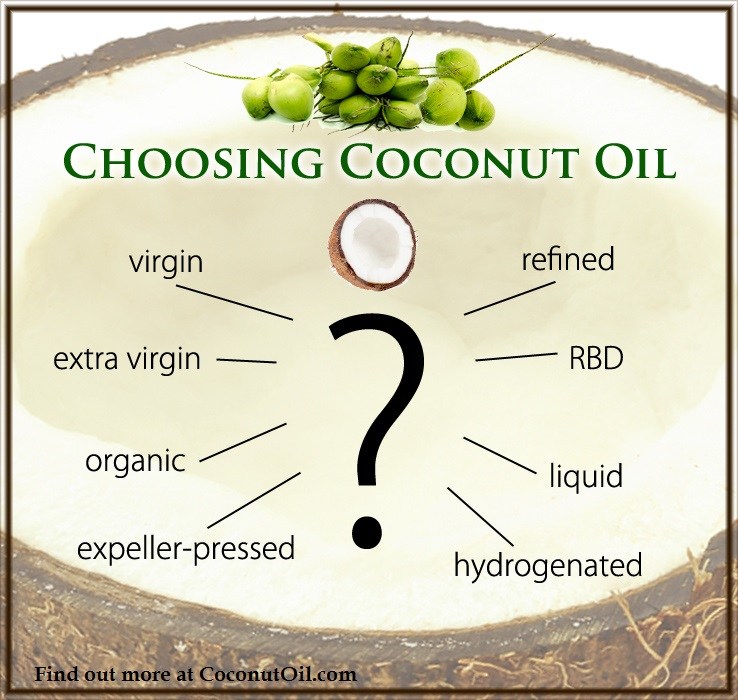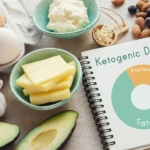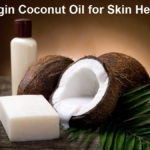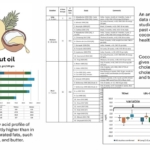
Traditional coconut oils are still made by hand.
By Dr. Mercola
You’re probably aware that in order to absorb all of the extremely healthy fat-soluble nutrients in your food, compounds like lutein, beta-carotene and vitamin E, for instance, you’ve got to eat them with some fat.So perhaps you always add olive oil to your salads or eat your veggies with butter to absorb all of those valuable nutrients.
This is a smart health move, but did you know that not all oils are created equal when it comes to nutrient absorption? Some work better than others and can actually enhance the amount of nutrients your body receives from the food you eat.
Coconut Oil is Superior in Enhancing Nutrient Absorption
A new animal study compared the effects of feeding coconut oil (a saturated fat) versus safflower oil (a polyunsaturated fat) on the absorption of carotenoids from tomatoes. Coconut oil enhanced tissue uptake of tomato carotenoids to a greater degree than safflower oil, a benefit the researchers suggested may be due to coconut oil’s medium chain fatty acids (MCFAs):1
“These results may have been due to the large proportion of medium chain fatty acids in coconut oil, which might have caused a shift in cholesterol flux to favor extrahepatic carotenoid tissue deposition.”
Coconut oil is nature’s richest source of healthy MCFAs. By contrast, most common vegetable or seed oils are comprised of long chain fatty acids (LCFAs). There are several reasons why these long-chain fatty acids are not as healthy for you as the MCFAs in coconut oil.
Why Choose an Oil Like Coconut Oil?
In addition to its ability to potentially allow you to absorb more antioxidants and other nutrients from your food, MCFAs are smaller than LCFAs, which means they permeate cell membranes easily, and do not require lipoproteins or special enzymes to be utilized effectively by your body. Further:
- MCFAs are easily digested, thus putting less strain on your digestive system. This is especially important for those of you with digestive or metabolic concerns.
- MCFAs are sent directly to your liver, where they are immediately converted into energy rather than being stored as fat.
- MCFAs in coconut oil can actually help stimulate your body’s metabolism, leading to weight loss.
There are numerous studies showing that MCFAs promote weight loss, including one study that showed rats fed LCFAs stored body fat, while rats fed MCFAs reduced body fat and improved insulin sensitivity and glucose tolerance.2 Yet another study found that overweight men who ate a diet rich in MCFAs lost more fat tissue compared to those eating a high-LCFA diet, presumably due to increased energy expenditure and fat oxidation from the MCFA intake. Researchers concluded:3
“Thus, MCTs may be considered as agents that aid in the prevention of obesity or potentially stimulate weight loss.”
Coconut oil earns even more “points” because it’s rich in lauric acid, which converts in your body to monolaurin – a compound also found in breast milk that strengthens immunity. Caprylic acid, another coconut fatty acid present in smaller amounts, is another antimicrobial component. Plus, using coconut oil as your primary cooking oil is important because it is the only one that is stable enough to resist heat-induced damage. When choosing a coconut oil, make sure you choose an organic coconut oil that is unrefined, unbleached, made without heat processing or chemicals, and does not contain GM ingredients. On the other hand, in the case of LCFA-rich vegetable oils:
- LCFAs are difficult for your body to break down — they must be packaged with lipoproteins or carrier proteins and require special enzymes for digestion.
- LCFAs put more strain on your pancreas, your liver and your entire digestive system.
- LCFAs are predominantly stored in your body as fat.
- LCFAs, when oxidized, can both injure and deposit within arteries, contributing to both blood vessel inflammation and plaque build-up.
Polyunsaturated fats, which include common vegetable oils such as corn, soy, safflower, sunflower and canola, are absolutely the worst oils to use in cooking. These omega-6 oils are highly susceptible to heat damage because of their multiple double carbon bonds. If you’ve been shunning coconut oil because it’s a saturated fat, you needn’t worry. Saturated fats are actually essential and quite good for you.
Read the full article here: http://articles.mercola.com/sites/articles/archive/2012/08/20/coconut-oil-and-saturated-fats.aspx
Virgin Coconut Oil:
How it has changed people’s lives and how it can change yours!
Includes 85 recipes – Free shipping available!






 Research Continues to Show Virgin Coconut Oil's Effectiveness in Treating Cancer
Research Continues to Show Virgin Coconut Oil's Effectiveness in Treating Cancer Coconut Oil Continues to Benefit Alzheimer's Patients over Drugs as Studies Continue for Neurological Benefits
Coconut Oil Continues to Benefit Alzheimer's Patients over Drugs as Studies Continue for Neurological Benefits How the Simple High-Fat Low-Carb Ketogenic Diet Continues to Change People's Lives
How the Simple High-Fat Low-Carb Ketogenic Diet Continues to Change People's Lives New Studies Continue to Show that Coconut Oil is the Best Oil for Treating Skin Conditions and Maintaining Healthy Skin and Teeth
New Studies Continue to Show that Coconut Oil is the Best Oil for Treating Skin Conditions and Maintaining Healthy Skin and Teeth New Study Confirms Health Benefits of Coconut Oil and USDA False Claims Against It
New Study Confirms Health Benefits of Coconut Oil and USDA False Claims Against It